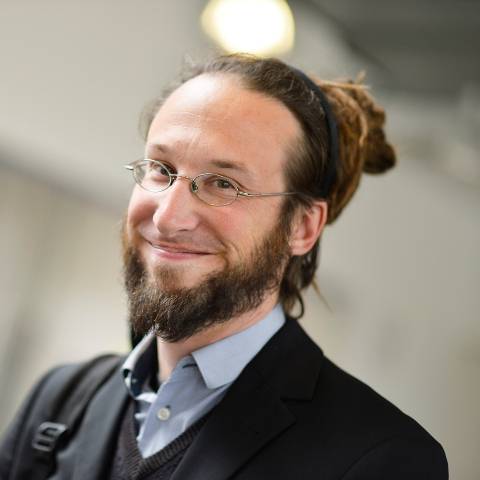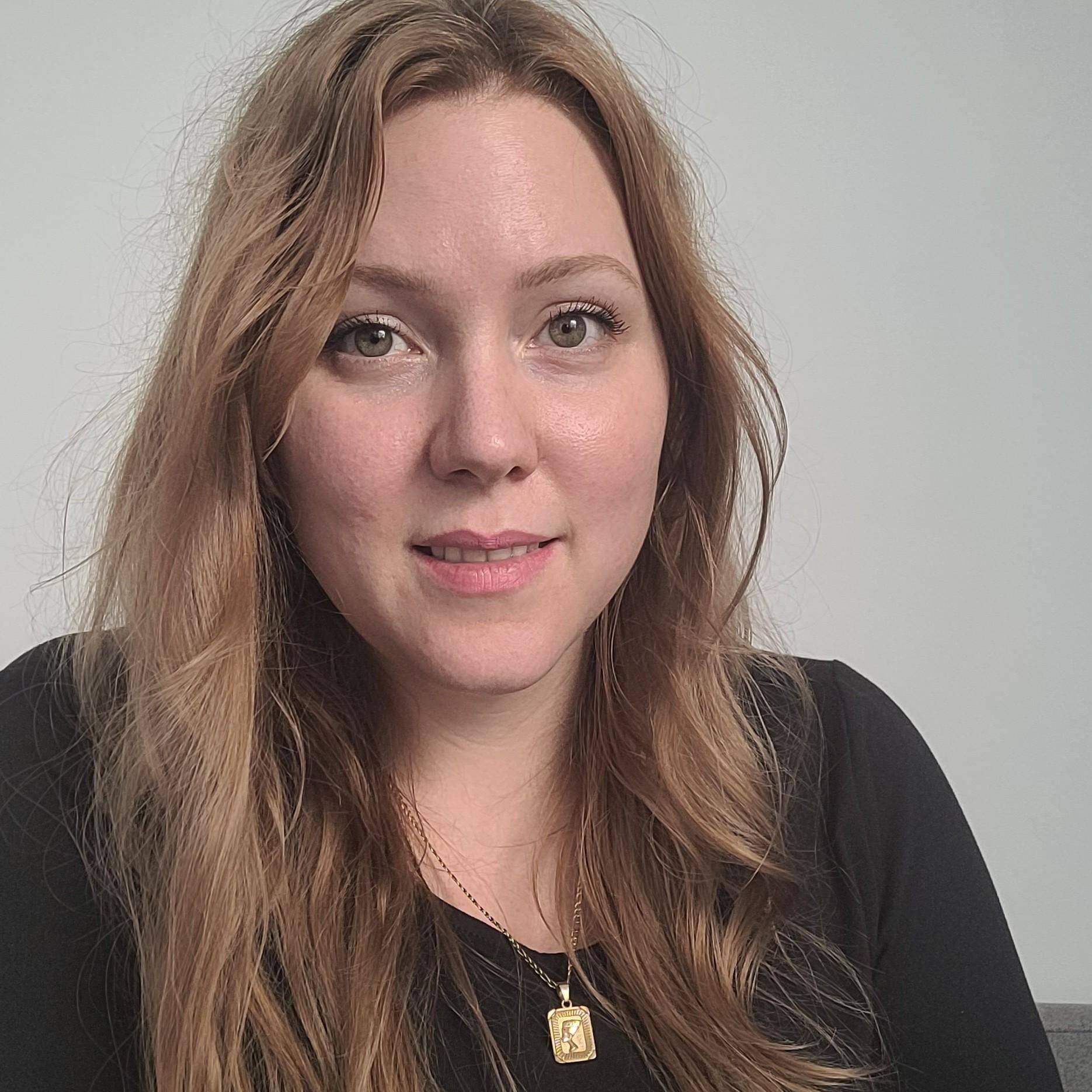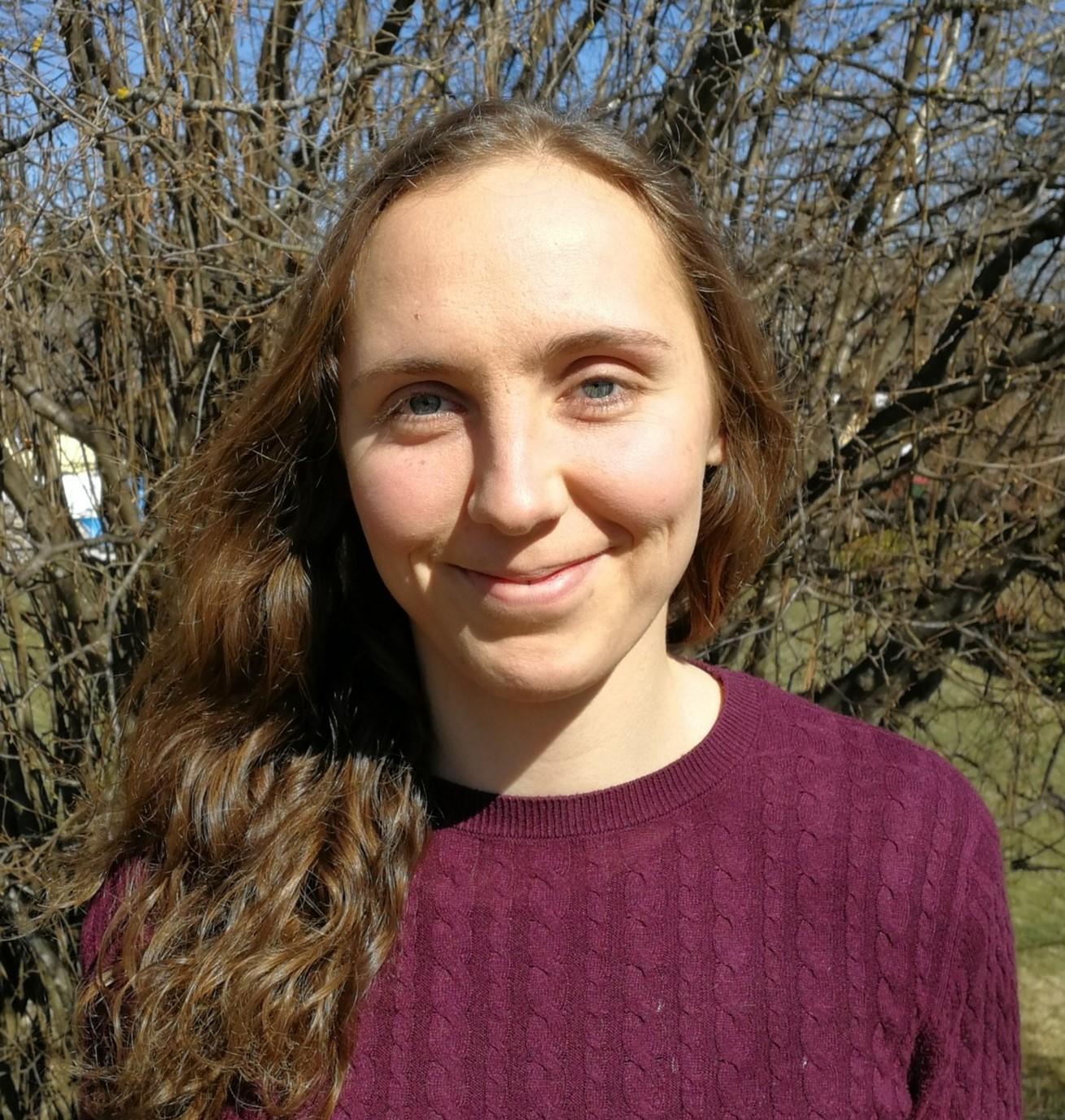
Günther Grabner is the program director of the bachelor's degree program "Medical Engineering" and head of the master's degree program "Medical Engineering & Analytics*" at the Carinthia University of Applied Sciences. He started his career in Australia at the Centre for Magnetic Resonance at the University of Queensland, Brisbane. After his stay in Australia, he went to Canada where he worked at the McConnell Brain Imaging Centre at McGill University in Montreal. His work involved the development of a group-specific brain model in cooperation with the University of Oxford (Oxford Project to Investigate Memory and Ageing). In 2006, Günther Grabner started at the Medical University of Vienna where he has made significant contributions to research in MR methodology, especially in the field of image processing by aligning high-resolution post-mortem UHF-MRI and histology data. Parallel to his work in Vienna, he finished his PhD at the Donders Institute for Brain, Cognition and Behaviour at the Radboud University in Nijmegen, Netherlands. After five years in Vienna, Günther Grabner started in 2011 at the Carinthia University of Applied Sciences. His passion lies in improving medical imaging and image analyses, as in his opinion, every biopsy is a failure in imaging. His contributions are published in >30 peer-reviewed papers in international journals. Several national and international projects of Günther Grabner provide interesting possibilities for participating students.

Johannes Oberzaucher is a professor of Active and Assistive Living (AAL) at the Carinthia University for Applied Sciences. He holds a master's degree in biomedical engineering and a PhD degree focused on assistive technologies. Johannes Oberzaucher is the head of the CUAS IARA Department “Health and Assistive Technologies” and is part of the Austrian „Research Group for Assisted Living Technologies“ (raltec). From a technological perspective, his main expertise is located in the implementation of rehabilitation devices and AAL technologies. From a socio-technological perspective, he has experience in the field of UX (user experience) and acceptance analysis as well as socio-technological study planning and implementation. Johannes Oberzaucher's special interests include smart sensors, sensor fusion, data mining, HCI/HRI and AAL environments.

Daniela Elisabeth Ströckl is a lecturer and researcher in the field of medical informatics and digitization in healthcare and has been anchored in the medical technology program since 2015. She holds a PhD degree in Computer Science and deals with barrier-free / low-barrier software solutions to support people in the best possible way. Daniela Ströckl's focus is mainly on the conceptual design of digital solutions in the human-centred, model-centred, or mixed-method domain as well as user experience and especially user behaviour (change). The personal interest in the factor "joy of use" especially in health prevention leads to different project ideas in the field of digital gamification in healthcare. Furthermore, Daniela Ströckl deals with the nexus of digitalization - health - climate change and its interactions, especially in the spectrum of mental health.

Beata Bachrata is a lab engineer for Medical Engineering at the CUAS. She holds a master's degree in Biomedical Engineering and a PhD in Medical Physics. During her PhD studies at the Medical University of Vienna, Beata developed a novel MR sequence for fat-water imaging and gained expertise in MR physics, programming of MR sequence and image reconstructions, image processing and the development of new methods in general. Her passion lies in improving medical imaging techniques, primarily MRI. With the view of advancing fetal imaging, Beata currently works on the development of fast MRI acquisition techniques using super-resolution principles.

Florian Fischmeister is the head of the Neuroimaging Lab at the Institute of Psychology at the University of Graz. As a Psychologist, he is holding a PhD in Cognitive Neuroscience with a specialization in psychophysiology, neuroimaging, and data science in particular. At the moment, he is the PI of several projects funded by the Austrian Science Fund, the European ERA-Net Co-fund scheme, and private organizations. In this role, he is also affiliated with the DINLab at the Department of Biomedical Imaging and Image-guided Therapy at the Medical University of Vienna. His research topics include neuroplasticity and treatment-related effects in chemosensory perception and resting states in particular. Throughout the last few years, Florian Fischmeister focused more on applying multimodal data registration and analysis methods to various scientific problems within the domain of clinical, social, and cognitive neuroscience. Within this endeavour, he tries to leverage chemosensory perception as the basis to understand social and cognitive processes associated with olfaction in particular. Recently, he got interested in the gut-brain axis and started to work on longitudinal behavioural, functional, and structural brain changes induced by probiotic and symbiotic intervention and their influence on sensory processes, human cognition, and the resting brain. As an active advocate of Open Science, Florian Fischmeister tries to follow the Responsible Research & Innovation principles and the FAIR principle in his studies.
